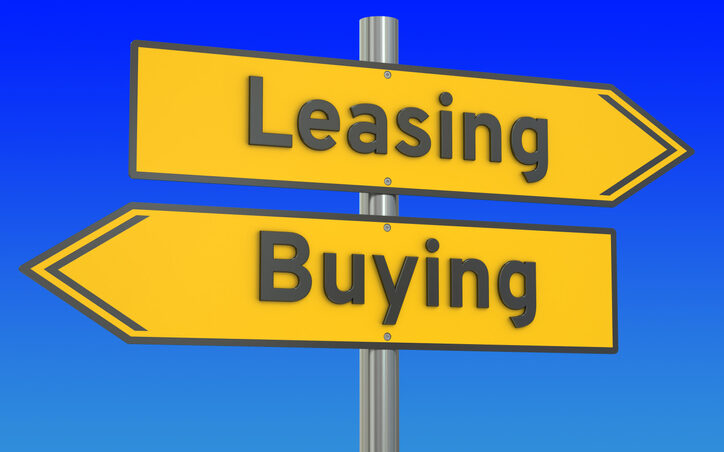Lease vs Purchase, it’s a decision most business owners are faced with, and one hat isn’t easy. With rents going up and interest rates continuing to post rates that are at or near historic lows, the balance might seem to have shifted to the latter option in the lease vs. purchase decision. However, leasing remains a strong option for many companies.
Reasons to Purchase vs Lease
The purchase side of the lease vs purchase equation usually comes into play when your company’s needs are fixed and predictable for the long term. If you know what you need now and it won’t change for at least a decade or two, purchasing can be a good option. It gives you total control over your space and a great deal of certainty over what you can do with it since, after all, you own the space.
Purchasing also gives you a chance to participate in the potential appreciation of the property. For many businesses and most locations, the downsides of purchasing and of tying up capital are more than the benefits that come from the appreciation. However, if your business is one where appreciated property can form an exit strategy or if you are in a position to control highly valuable property, purchasing may be a wiser option.
The Benefits of Lease vs Purchase
Many of American’s most successful companies come down on the leasing side of the purchase vs. lease decision for a multitude of reasons. Leasing is typically more flexible, less capital intensive and offers more options.
The flexibility benefits of leasing are very simple. While it’s technically true that buildings can be sold on the market, the usual case is that finding a buyer for a vacant building — especially at a good price — can take months or years. With a lease, though, you can move out whenever your lease expires. If a building needs work, you can leave that work for the landlord as well.If you have your lease written with extension options, you can choose to automatically renew it, taking flexibility away from your landlord.
Leasing helps to conserve capital in three ways. First, moving into a leased property usually requires a lower initial investment than purchasing a building, simply because rent and security deposits are usually less than loan costs and down payments. Second, lease payments may be cheaper than mortgage payments. Third, while the accounting of leases is shifting, leases are still treated differently than building purchases when it comes to principles of building your business’s balance sheet.
Looking to invest in Arizona Commercial Real Estate? At ICRE Investment Team, we work with commercial investors, property owners, companies, banks, and commercial loan servicers seeking the highest quality of services in the greater Phoenix, Scottsdale, Mesa and Tempe Arizona regions.
















